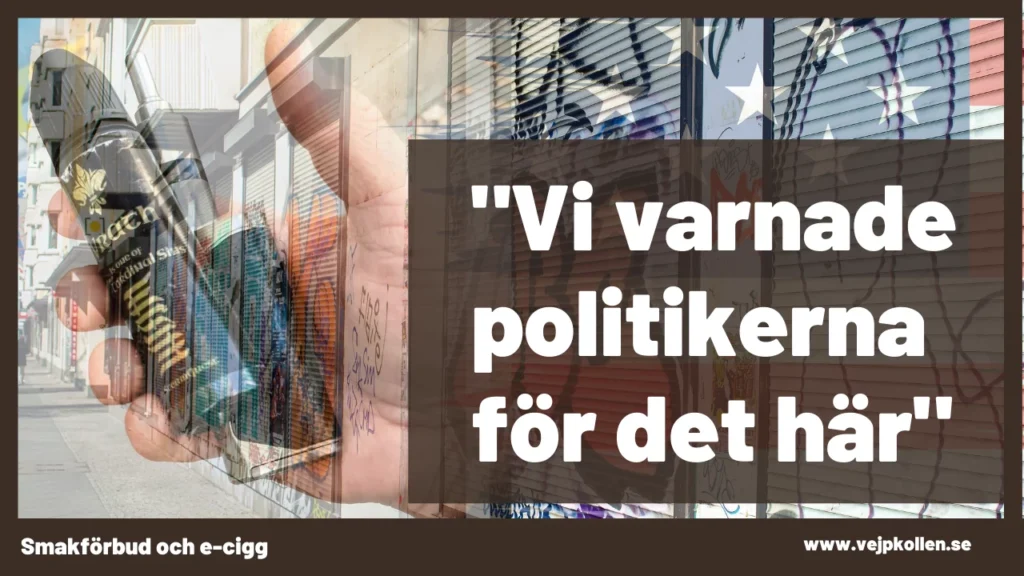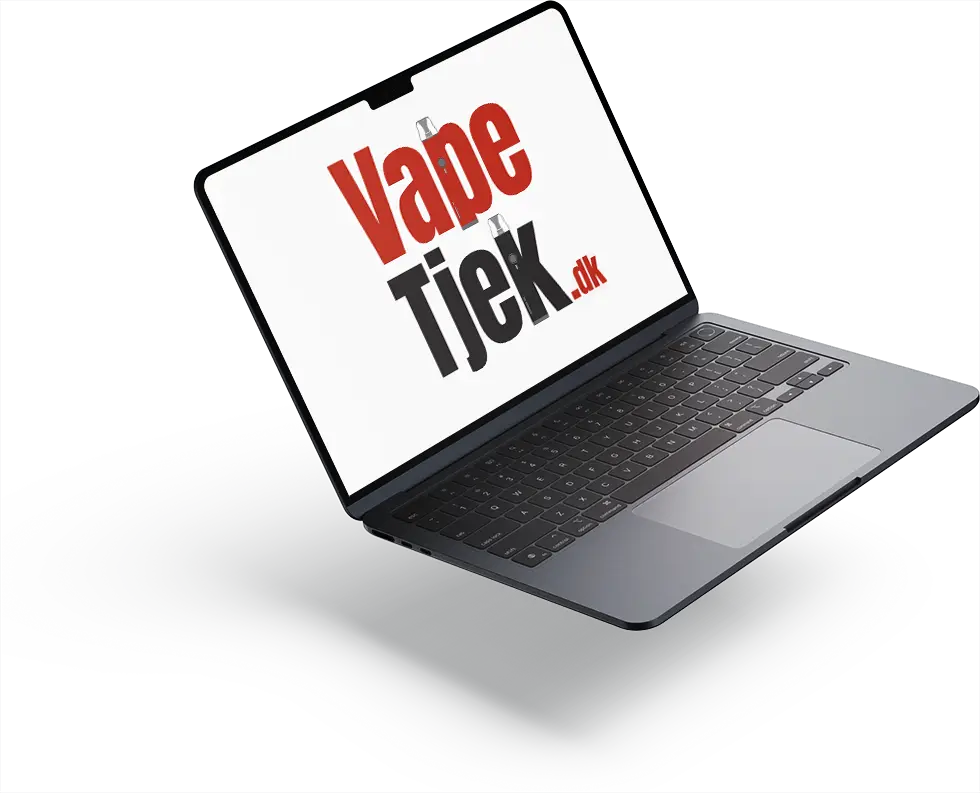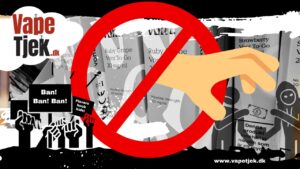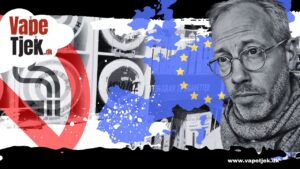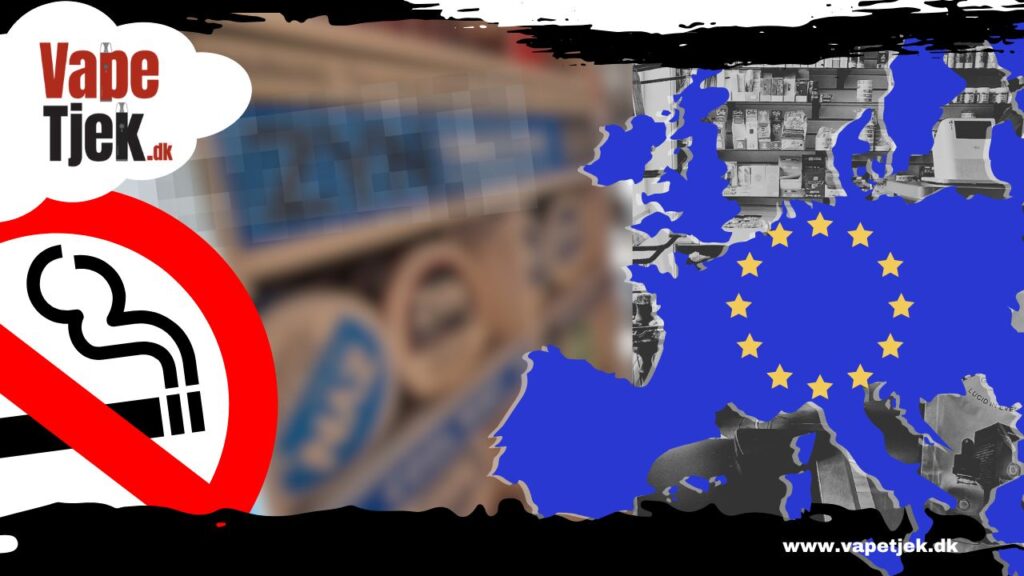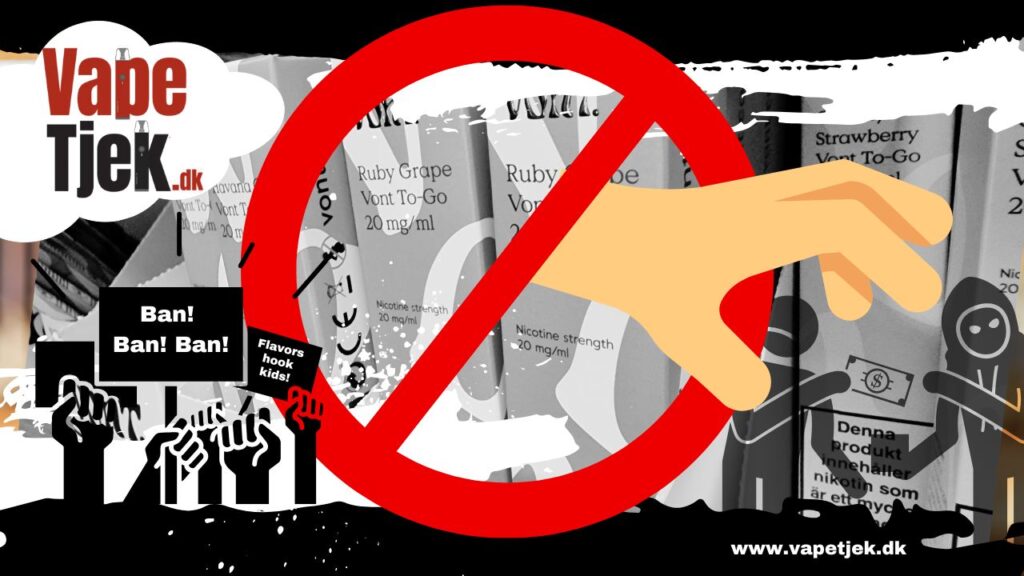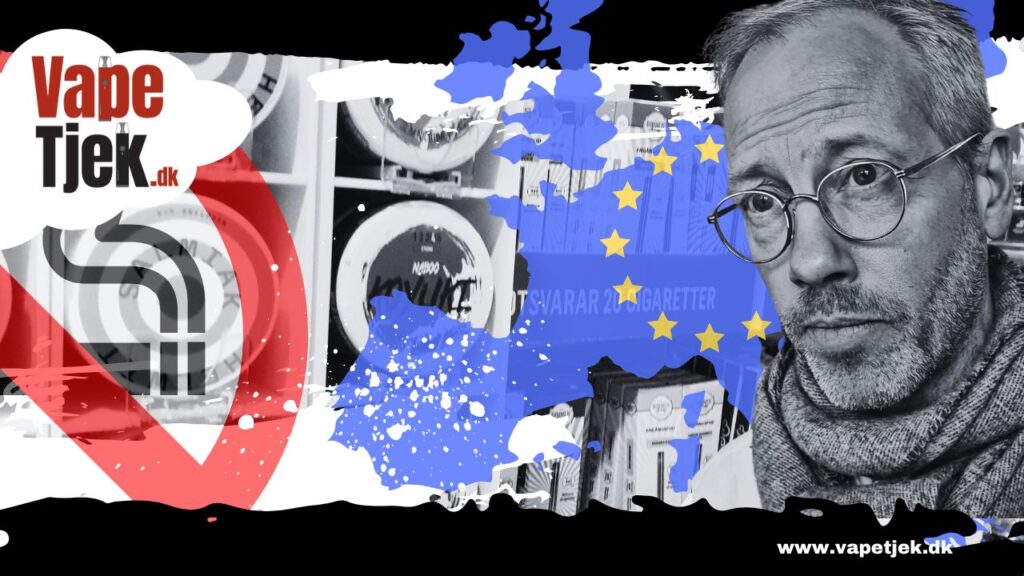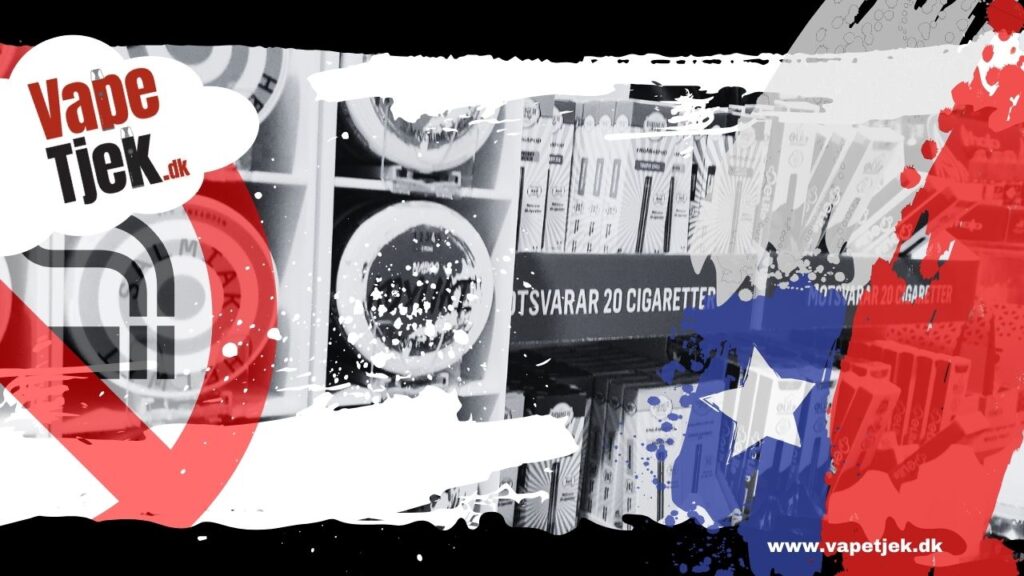"The biggest black market since Prohibition"
Illegal e-juice. As more US states ban different flavours of e-liquid, the illegal trade is growing. This is reported by the American online magazine Filter.
On Mondays, Wednesdays and Fridays, Sally gets in her car and does her rounds. In the boot she has coils, mods and tanks. And of course e-juice - fruit flavours, sweets, mints. Items that her customers used to buy directly over the counter in her shop. Tobacco flavours - the only flavour allowed along with menthol - she doesn't have much of. There's not much demand for them either, she tells Filter.
Sally is one of several vape shop owners who have chosen to continue selling their products black after New York banned all flavoured e-juice sales (except tobacco flavours).
Moved the juice lab back home
And she's not alone. In other states with similar bans, such as Massachusetts and New Jersey, the same thing is happening. Filter has followed several roadside vendors and shopkeepers using different methods to sell flavoured e-liquid - on the street.
Sally (a made-up name) has about 50 customers. They are between 50 and 80 years old and used to shop in her store. But when the ban came into effect, Sally decided to move the juice lab out of the store. Now she mixes the liquids at home, in her studio - all to avoid government scrutiny.
"It feels like being in a mafia film," she says to Filter.
Illegal e-juice on the black market
That a black market emerges when popular products are suddenly banned is not surprising. Quite the contrary. Prohibition in the 1920s USA is a classic example. And when Donald Trump considered introducing a national ban on flavours in e-cigarettes, it was the fear of a massive black market that changed his mind.
But states were free to introduce local bans. The anti-tobacco lobby gained strong support, especially after many users of cannabis oil (THC) experienced severe lung damage in autumn 2019. The injuries occurred after using vaping to inhale illegally produced cannabis e-liquid.
Fear of nicotine
However, the debate after the lung injuries became more about nicotine and regular e-cigarettes than the black market, where THC juices with the dangerous thickening agent vitamin E acetate abounded. This was despite the fact that the authorities suspected early on that vitamin E acetate combined with cannabis use was the real cause of the damage - not nicotine or regular e-cigarettes. It also quickly became apparent that the dangerous THC juices were coming from a growing illegal trade.
Obvious risk of illegal e-juice
But fears that flavours could entice young non-smokers to start using nicotine took root in several states. E-cigarettes were largely unregulated in the US, allowing for new and untested legislation such as flavour bans. At the same time, e-cigarettes are a billion-dollar industry driven primarily by small, independent vape shops. According to the trade association VTA, flavoured e-juice (excluding tobacco and menthol) accounts for 90 % of sales. That a flavour ban would create a huge black market was therefore "quite obvious", according to industry representatives.
Passion for quitting smoking
"E-juice is a product built on a strong DIY tradition. That's how it all started 10 years ago." write Filter.
Smokers opted out of poorly flavoured e-cigarettes from tobacco companies and started experimenting with their own flavours - both in terms of the devices and the e-liquid itself.
"Vapers are passionate and resourceful. Many who open vape shops are driven by the desire to help smokers quit - just like they did themselves. They are not just salespeople, but activists and counsellors in equal measure." write Filter.
Today, the penalty for selling flavoured e-liquid in New York is a fine of approximately $1,000 per bottle detected.
Nicotine and flavour separated
In Europe, legislation restricting bottle sizes and nicotine content has led to a system where nicotine and flavour are sold separately. In some US states where flavour bans are a reality, retailers are finding similar solutions.
"Some sellers only sell the nicotine. They rely on customers to find the flavours themselves somewhere else," write Filter.
"Warned politicians against making e-juice illegal"
One example is former shop assistant Nic Holden (made-up name). The flavour ban opened the door to a simple business idea: He buys the nicotine, customers buy the flavour. He meets them in car parks somewhere on Long Island and mixes the juice in small 10 ml bottles - directly in the car.
Word of mouth and social media bring Holden new customers. He earns around £1,500 a day - more than he did as a shop assistant in a vape shop. According to him, the driving force is still to help people quit smoking and keep them away from regular cigarettes. He would continue regardless of whether flavoured e-juice is illegal or not.
"I was one of the people who warned politicians that this would happen. The flavour ban is leading to the biggest black market in the country since the liquor ban. And now here I am, in 2020, selling nicotine to former smokers - from 21 to 75 years old. People who suddenly feel like criminals. But no one should be surprised." he says.
More countries ban flavoured e-cigarettes
Currently, Denmark and the Netherlands, among others, are planning to ban flavours in e-juice in the same way as several US states. Similar laws are being discussed in Ireland. In Sweden, there are also lobby groups calling for a ban on flavours in e-liquids. The Swedish government has already put forward a proposal that would ban virtually all flavours in e-liquid - including shortfills, which are nicotine-free e-juice.
Sources:
The text is based on an article in the American magazine Filter:
"Vape bans are creating a thriving illicit market."
